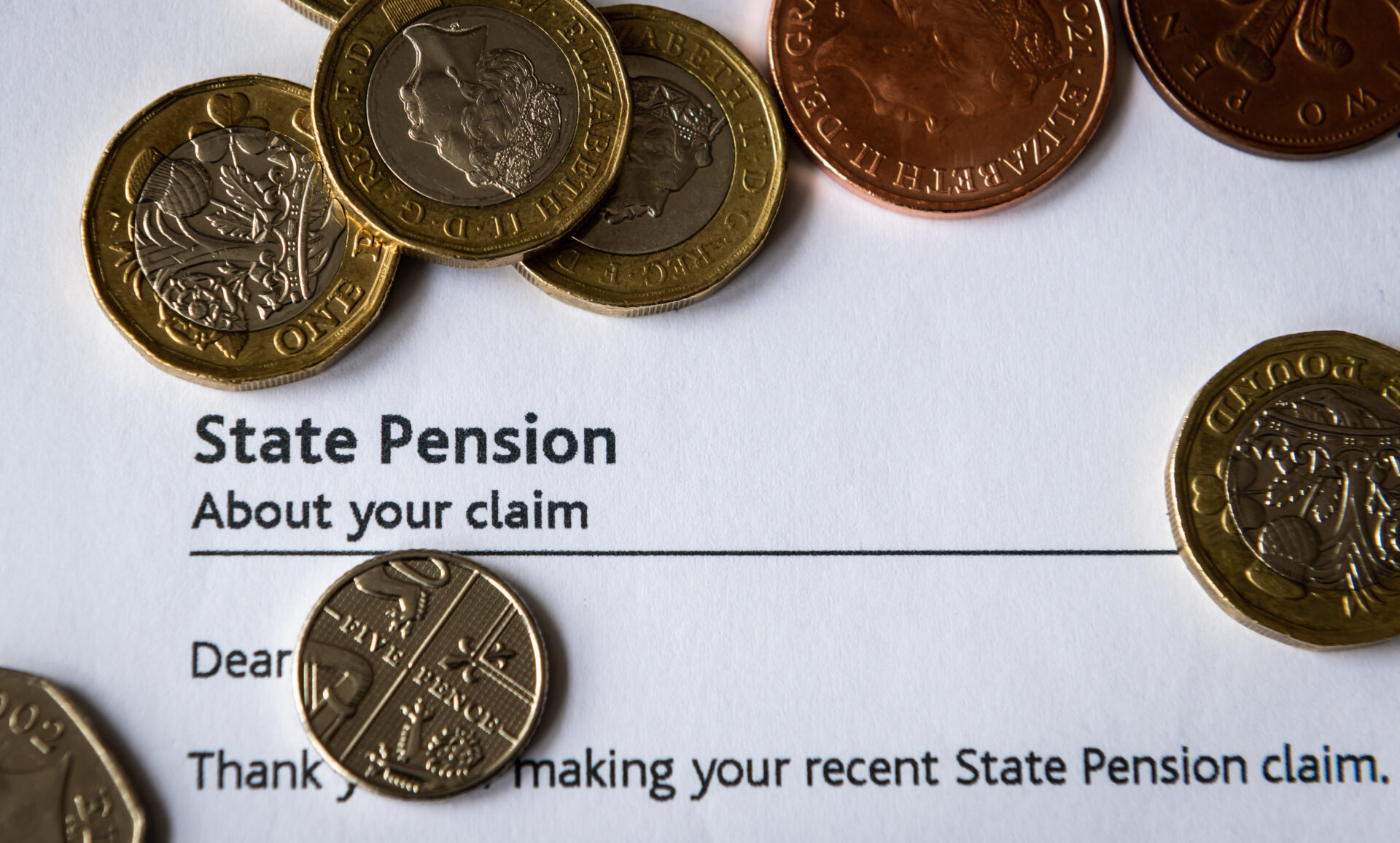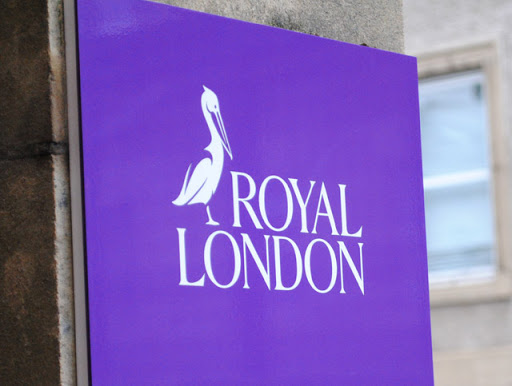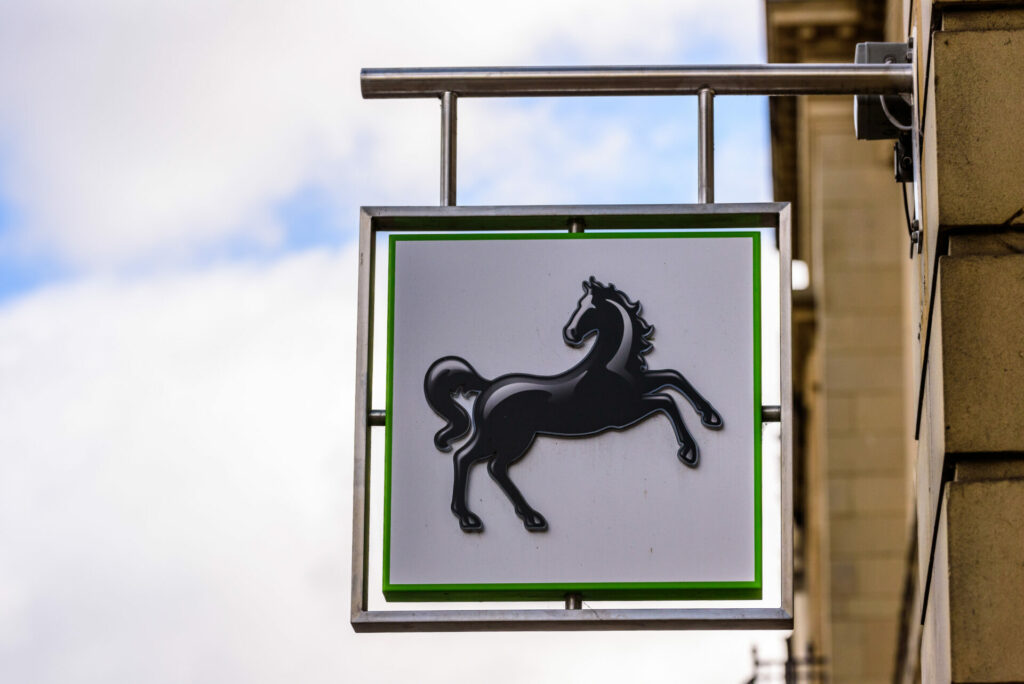Millions of pensioners across the UK are set to see an increase in their State Pension starting this weekend (6 April), but the rise could come with an unexpected consequence – higher tax bills.
The boost, driven by the ‘triple lock’ mechanism, will bring the full State Pension to £12,014 per year, edging it closer to the tax-free threshold of £12,570.
Clare Moffat, pensions expert at Royal London, warned that this increase means around 12 million pensioners could find themselves paying tax for the first time or facing larger deductions.
She explained: “If the ‘triple lock’ continues, the State Pension could soon exceed the personal allowance and become taxable.”
Looking ahead, Moffat noted that forecasts from the Office for Budget Responsibility (OBR) predict inflation will be around 3.2% in the next year.
If average weekly earnings do not rise beyond this, the State Pension could reach £12,398.57 by 2026/27, just 1.4% below the current personal tax allowance.
Adding to the concern, many people are unaware that the State Pension is taxable.
Moffat added: “Royal London research found that 21 million people aged 21 to 65 don’t know that the State Pension is subject to tax, so this could come as a shock to many.”
For pensioners receiving income from private or workplace pensions, the increase could mean reduced monthly income after tax deductions.
Moffat explained that those with defined contribution pensions might be able to mitigate the tax impact by adjusting their drawdown income.
However, for those in defined benefit schemes, where payouts are fixed, there is little flexibility, and the additional income could push them into a higher tax bracket.
Additionally, some pensioners who only receive the State Pension are already paying tax, typically because they have deferred their payments or receive larger amounts through Additional State Pension.
For these individuals, tax bills could rise further.
To manage potential tax liabilities, Moffat advised pensioners to explore alternative strategies.
She said: “Taking smaller, regular payments from ISAs, which are tax-free, to top up income could help.
“Strategic planning, with professional financial advice, can be valuable in reducing the overall tax burden.”















